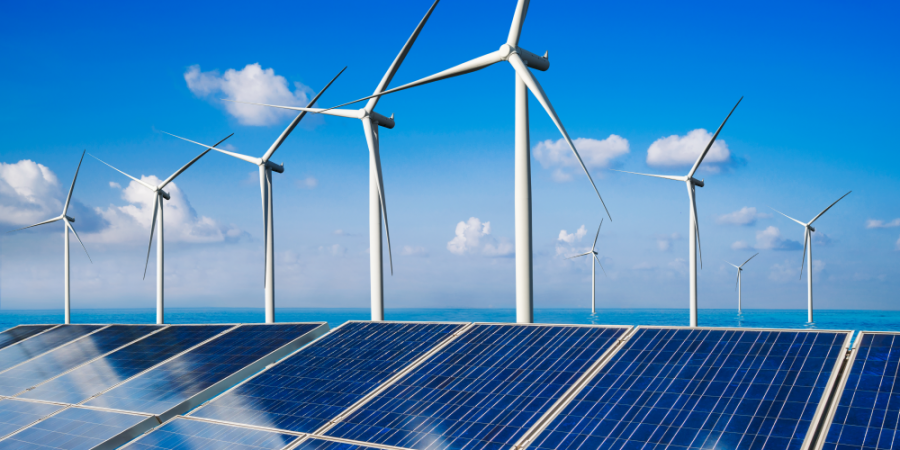
Suppose you’re thinking of joining over 3 million households in Australia in using solar power to reduce your carbon footprint. You may be asking the question: is solar power the superior option when it comes to renewable energy?
This guide has everything you need to know about how solar power holds up compared to other renewables. Read on to understand the most common renewable power options available today and evaluate these energy sources compared to solar power.
What Are Your Renewable Power Options?
When you embark upon your renewable energy journey, your first task is to do your research. This list offers you an understanding of your options and their efficiency, including wind energy and hydro energy.
Wind Energy
Wind energy can be a sustainable option for the home and contribute to the national grid, but this depends on many factors.
To determine whether wind energy is a viable option for your area, you must first evaluate the amount of wind at your site and the paybacks of installing a system in this location.
Wind energy has the benefits of low greenhouse gas emission, free energy, and low operation costs. But, one of the critical flaws of a wind energy system is its unpredictability. The wind is less consistent than sunlight, so solar power provides more consistent energy outputs.
Wind energy is viable for domestic use but heavily depends on the weather and location to provide a stable energy output. Solar panel and solar skylights are more feasible options for domestic use.
Hydro Energy
Hydro energy works well on its own and is often paired with other renewable energy sources to meet peak energy demand. It causes no pollution and limits greenhouse gases.
However, hydro energy requires one crucial element for its operation – local hydrology. Hydro energy first requires a river, and you will also need an alternative power source should there be a drought that decreases the volume of water in your rivers.
On the other hand, when using solar energy, you will not experience the complete halt in energy production that droughts cause in hydro energy plants. Solar power is more versatile, also, as it does not require a water source – this is what makes it a more accessible power source, particularly for domestic use.
Tidal Energy
Tidal energy has zero carbon emissions and is a highly reliable source of energy. It is not affected by droughts and so proves a superior option to hydropower.
However, tidal energy has limited site availability and cannot be used in non-coastal locations, making it less viable than solar power installed in any area.
Biomass Energy
Biomass energy can reduce waste in landfills and provide a renewable and reliable energy source. However, considering the space required for a biomass energy site, along with the potential deforestation and water usage required to grow plants for biomass energy, it isn’t without significant environmental impact.
Though biomass energy can provide consistent energy production to compete with solar power, the environmental impact it causes is less than ideal. Solar panels and solar inverters do not require water usage or cause deforestation.
Other Energy Sources
Some other energy resources to mention include geothermal power, which requires volcanic and geothermal elements in the landscape, making it less available to be used on a wider scale. Hydrogen power is another energy source to mention here, which is relatively inefficient in nature as it requires hydrogen to be created – requiring energy itself.
Summary
Though there are many forms of renewable energy, solar power is the most widely available energy source and the most viable for domestic use via solar panel installation. Contact the friendly SolarPath team today to learn more about harnessing solar energy for your home or business.
Read Also:
7 Switches to Help Minimise the Carbon Footprint of Home Appliances
Solar panels Sydney: Cleaning to keep them running
Are Solar Panels A Good Investment For Your Property?










 Solarpath | Solar Path NSW GPS Directions
Solarpath | Solar Path NSW GPS Directions